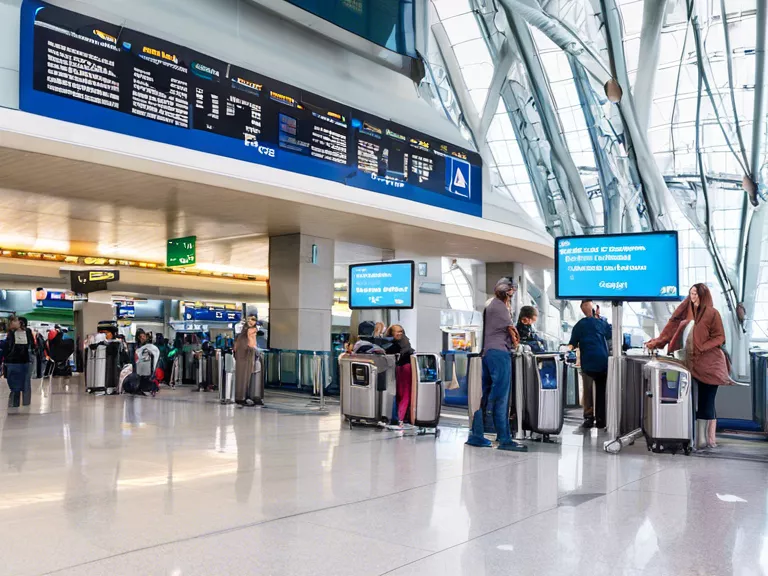
As globalization continues to bring people from different cultural backgrounds together, navigating language barriers while traveling internationally has become increasingly important. Whether you are a frequent traveler or embarking on your first international journey, here are some of the best tips to help you communicate effectively and make the most of your experiences abroad.
First and foremost, learning a few key phrases in the local language can go a long way in breaking the ice and showing respect for the culture you are visiting. Simple greetings, pleasantries, and common phrases like "please" and "thank you" can make a big difference in your interactions with locals. Consider investing in a phrasebook or downloading a translation app to have handy at all times.
When faced with a language barrier, non-verbal communication can be just as important as spoken words. Use gestures, facial expressions, and body language to convey your message and show that you are making an effort to connect with the people you meet. Be aware of cultural differences in non-verbal cues to avoid misunderstandings.
In situations where verbal communication is necessary, try to find common ground through shared languages or use a translation device or app to facilitate the conversation. In some cases, hiring a local guide or interpreter can help bridge the gap and enhance your travel experience by providing insights and recommendations that may otherwise be lost in translation.
Being patient, respectful, and willing to learn from your interactions with locals is key to overcoming language barriers while traveling internationally. Embrace the opportunity to step out of your comfort zone, practice empathy, and approach each encounter with an open mind. Remember that communication is not just about words, but also about building connections and fostering mutual understanding.
By following these tips and remaining open to new experiences, you can navigate language barriers with confidence and make the most of your travels abroad. Embrace the challenges as opportunities for growth and cultural exchange, and you will come away with meaningful memories that transcend language differences.



